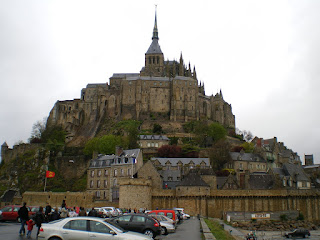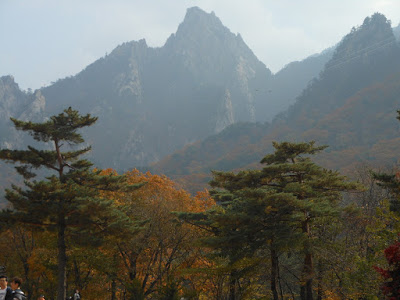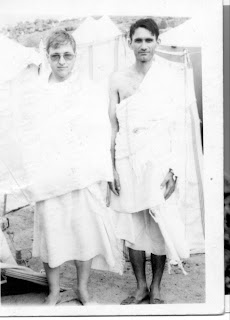 |
| My postcard to my parents written a day after arrival in NYC — I had met Unification Church members the night before who let me stay with them in their ‘center’ (house) on 71st Street Manhattan. |
Diary Tuesday 30 June 2020: In recent days I have thought about whether it is possible for me to return to a belief in the God of the Divine Principle and True Parents (Sun Myung Moon and Hak Ja Han of Korea), etc. My wife and daughter remain committed to that belief. Many of my old friends, too.
I support my wife and daughter in this, of course. I know I could not pull them away from it because I have nothing else to offer them in its place.
But what about the possibility of myself returning to the fold, so to speak? Am I insisting on staying away, closing myself off, or perhaps afraid to contemplate the possibility that the Divine Principle is the Truth after all?
Am I avoiding this or figuratively running away from it – as I wanted to put it in the title of my prospective memoir “On The Run From God,” which may never end up being completed?
Well, I just have to remember what it was like when I was a supposedly fully committed believer. One of the most if not the most important missions of a believer is witnessing, proselytizing – spreading the good word and bringing others into the love of God. How did I feel doing that – even at the best of times when I was inspired by a good prayer or a great talk I heard from Rev. Moon or some other leader? How did that feel?
I'm afraid the answer is unequivocally negative no matter how deep down in my heart I dig. I always felt artificial. I could never, even once, put my heart into it. Not at all.
I always did it not because I really wanted to but because I felt obliged, pressured or otherwise duty-bound to do it.
Why was this so? The answer is simple: I did not really believe in that God and in the True Parents. I never really did. I wanted to believe. Yes, I wanted, sometimes almost desperately, to believe. But deep down I could not really believe.
Why not? I don't know.
Before I first decided to join the Unification Church back in Barrytown, New York, in March 1975 I faced a stark choice. My goal at that time had been to put myself through an ultimate life-or-death test. I wanted to survive completely alone in the wilderness of central British Columbia for at least one year. I was not planning to go back to Europe and my family – ever.
This was because I expected a nuclear war that would destroy our modern civilization, and I believed humankind would have to start its history again or rather a new history from Stone Age. I was aware that I might die in the wilderness. In fact, when I thought deeply about it I felt my chances of survival were not very good. But I was desperate enough to try anyway, because I was totally fed up with our civilization and had concluded that I could never really fit into it, adjust to it.
I felt I had to go through a life-or-death struggle to find my true self. And I believed I had to do that in a wilderness environment so that if I survived I could become completely one with nature, like any wild animal. In a way I felt the whole of humankind had to go through something like this, and a nuclear war would start it by destroying our civilization. Humankind would have to try again from scratch and to avoid making the mistakes that led to the disastrous history we know. It was of utmost importance that we always remained totally in harmony with nature, I believed.
So I was ready – or thought I was – to face death in the wild, in the unknown, and I felt I absolutely had to do it. But then when I learned the Divine Principle and got to know those bright young members of the Unification Church I thought maybe there was an alternative, a way to avoid the destruction of our civilization by changing it into a “kingdom of heaven” that was also in harmony with the natural world.
I would also avoid having to face death in the wilderness. In a way my decision to join the church was an escape from the stark reality I had chosen to face. I was not truly convinced that Divine Principle was the ultimate truth but gradually it came to represent a lifesaver or a kind of spiritual anchor to me. However, deep down I always knew I did not really believe in it – I just wanted to believe.
This fact became starkly clear to me every time I tried to convince another person that it was the absolute Truth. I simply cannot truly believe in it.
ALSO: The End of Religion














